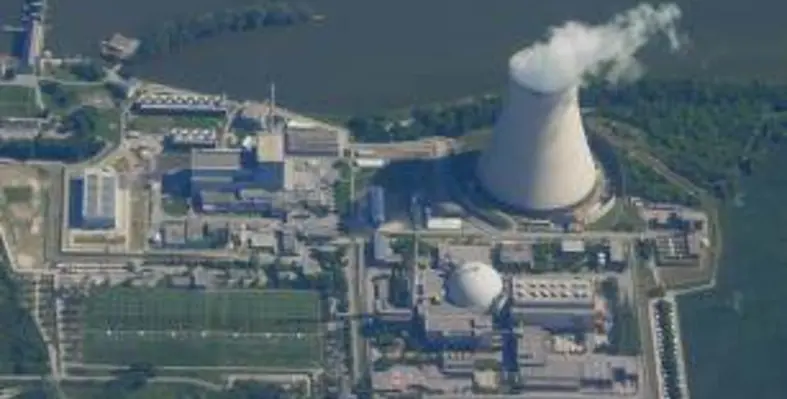A possible Middle Eastern initiative could be a solution to the current restrictions imposed on Iran pertaining to the nuclear deal, say research analyst Arun Kumar Sampathkumar and consultant Lawrence Surendra from Frost & Sullivan
The Iran Nuclear Deal is an agreement that been signed by Iran and six other countries namely the USA, France, China, Russia, Britain and Germany, collectively referred to as P5+1. The agreement states that Iran can continue its nuclear programme without using enhanced technologies to enrich uranium for another 15 years.
Currently, the deal has reached a Preliminary Agreement phase where the countries have agreed to a list of conditions that would accordingly further the progress of Iran?s nuclear programme. The final agreement is expected in June 2015.
However, there has always been a shadow of doubt over Iran?s capacity as a nuclear power. The P5+1 hopes to mitigate Iran?s chances of procuring a nuclear weapon by restricting its uranium production. This has led to a series of embargoes being imposed on the country, which cover oil and gas exports, banking services and general trade, said a report in The Economist. The sanctions imposed are beginning to have a detrimental effect on the resource-driven economy.
According to Frost & Sullivan?s Sampathkumar and Surendra, building a Middle Eastern Collaborative Nuclear Initiative is a way to settle the issue. This initiative includes regional members, who can collectively establish, build, test and evolve their nuclear capabilities with a clear point of visibility to UN?s nuclear watchdog ? the International Atomic Energy Agency (IAEA). This way, nuclear technology reaches everyone without the risk of military application at an affordable cost to the participating members, ensure peace and regional harmony through collective transparency.
?Restricting one country from evolving its capabilities over alleged reports and enhanced regional military capabilities, and thereby alienating the suspect-country, will only render the situation volatile in the long run,? they said.
Adding to existing acrimony is detrimental to the region and the world?s interests at large. Lifting of the imposed sanctions could help ease Iran?s oil exports over time and perhaps, even help the country develop its technological/scientific capabilities such as nanotechnology.








